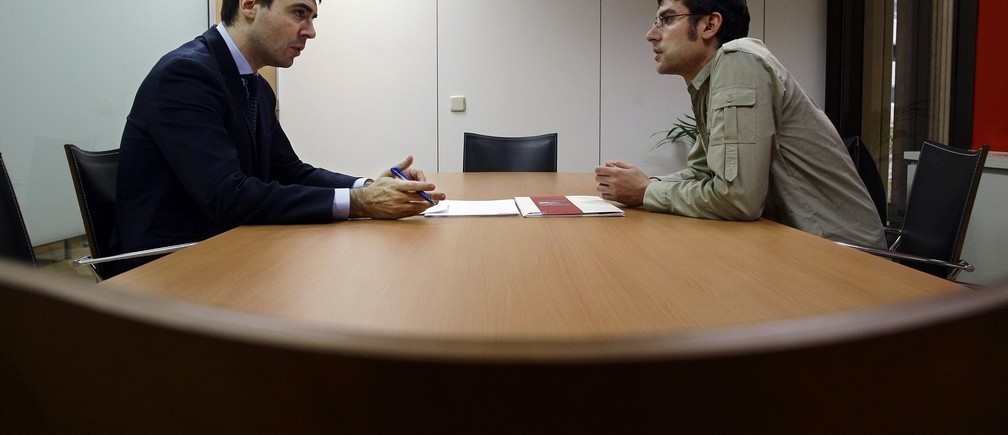As baby boomers start to reach retirement age, the workforce has started to shrink accordingly. But while the federal government must replace retiring employees to ensure continuity of government and stable service levels for taxpayers, the states have a little more flexibility. As a result, state and local governments are developing innovative ways to reshape the workforce to account for older workers who are leaving.
James Honchar, Deputy Secretary for Human Resources and Management for the Commonwealth of Pennsylvania, got together with Emily Jarvis on GovLoop’s State and Local Spotlight to discuss the solutions the Commonwealth of Pennsylvania has developed to counter their aging workforce.
Honchar underscored the amount of workers leaving government jobs in Pennsylvania when he said, “in the Commonwealth over a third of our workforce are eligible to retire in the next five years.” But he emphasized that unlike the federal government, state and local governments are not rushing to fill these positions.
“The way you achieve savings in the state government, if you are not going to raise taxes, is not to hire as many people, and not have as many people on your payroll,” Honchar explained. As a result, one way to address the mass exodus of retirement age workers is to simply do nothing at all.
However, when the Commonwealth is filling positions vacated by the Baby Boomers, they are trying to do so with millennial and even Gen X generation workers. Honchar explained that they are focusing on a generational recruitment initiative. “We’re trying to rebrand the government to make it more attractive to the younger workforce,” he said.
As a result, the Commonwealth has developed new programs and initiatives in order to draw millennials into the work force. One example is a new 6-month internship program the Commonwealth has established. “It actually leads into a fulltime salaried position upon graduation,” Honchar explained. Another example is working towards providing more paid time off for newer employees. The Commonwealth understands that younger employees want more paid time off. So in order to obtain and retain millennial workers, the Commonwealth has looked to increase minimum vacation time for new hires from seven days up to 10-15 days. Incentives like these make employment by the state government more attractive to young workers, allowing the Commonwealth to fill vacated positions if and when they choose to do so.
However, Honchar recognized that not every young employee who starts out in public service is going to make a career in state government – and that’s okay. “Not all these millennials are going to stay for 20 years. We need to change the mindset of staff across the Commonwealth to understand that it’s okay that these millennials come and go from the government.” Once a strategy is developed around a higher turnover rate, the Commonwealth will be able to effectively utilize the constant influx of new talent for as long as they are willing to stay.
Honchar illuminated that the shrinking workforce is not something to fear, but embrace as state and local governments move towards a new and younger culture. He is optimistic that the Commonwealth will continue to thrive under this model and emphasized that overall the transition, “has been an incredible experience.”





The legibility of this article is compromised by the gray color of the font. Please use standard black. The font needs to be darker.